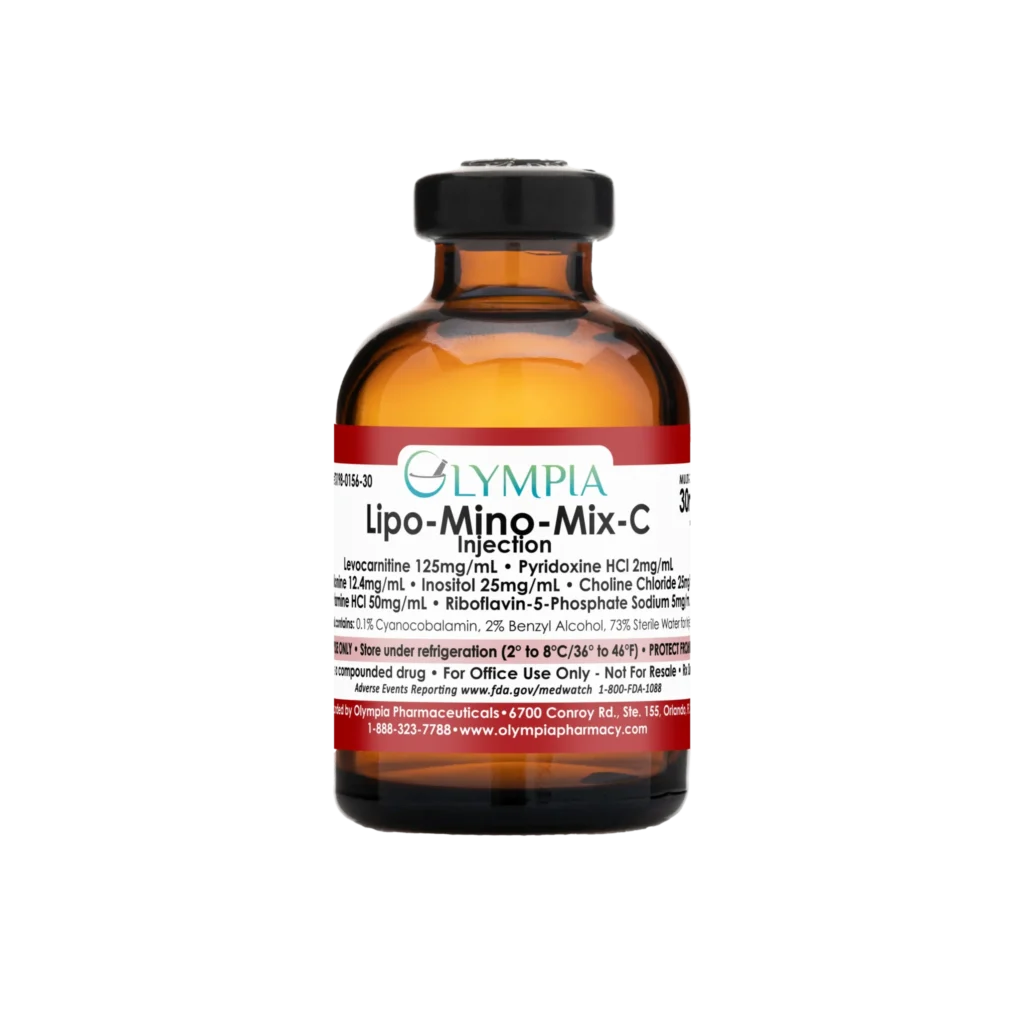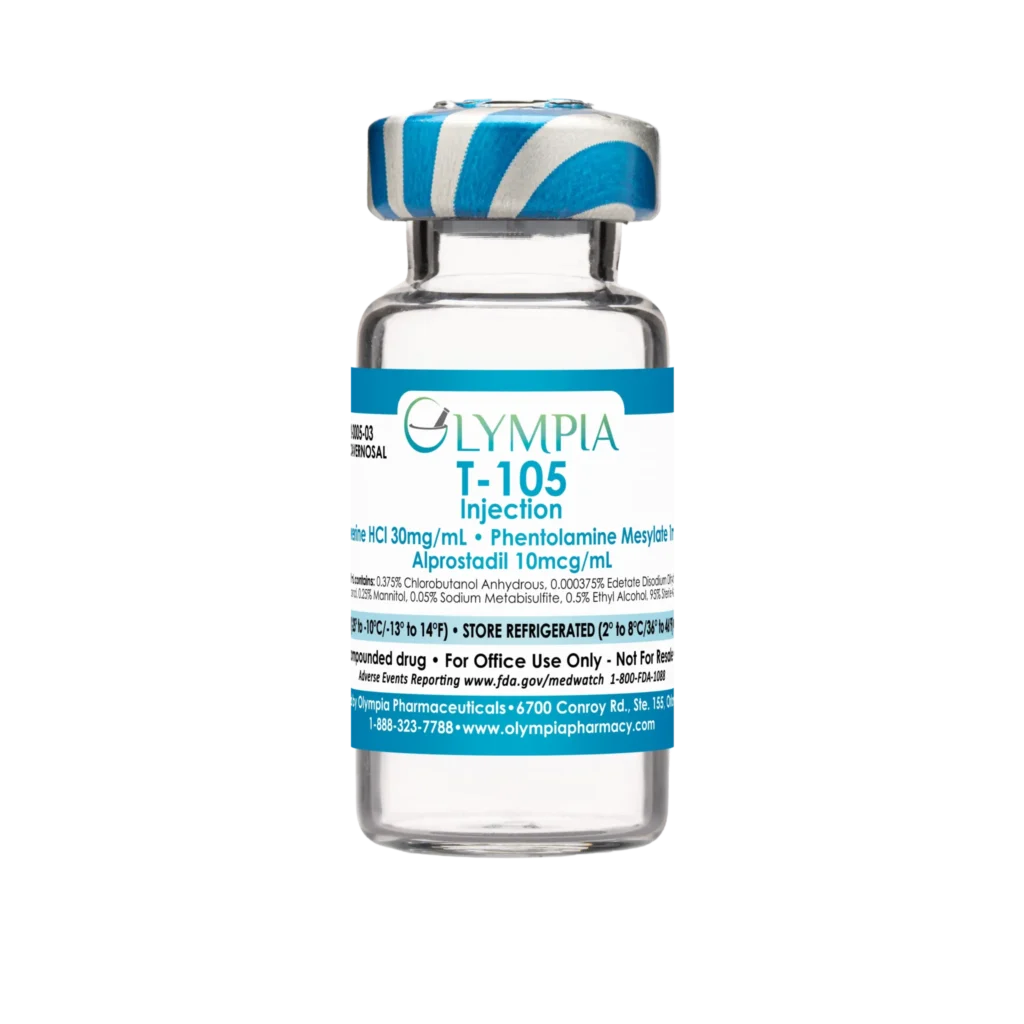For millions of Americans, weight loss can be a very daunting, seemingly impossible task. It requires a complete shift in eating habits, exercise regimens, water intake and more. It’s no easy feat, and it’s typically the ones who have ongoing support who have the most success in their weight-loss journey.
Obesity in the U.S. Today
Obesity in the U.S. has become a significant health concern over the past few decades. According to the CDC, the prevalence of obesity in adult Americans has risen from 30.5% in 1999 – 2000 to 42.4% in 2017 – 2018.
It can negatively impact day-to-day life in many ways (including fatigue, sleep apnea, breathing problems, joint and back pain, low self-esteem and more) and is a major contributor to deadly illnesses such as heart disease, stroke, type 2 diabetes and several forms of cancer.
What Is Medically Assisted Weight Loss?

As many patients struggle (and often fail) to lose weight on their own, many physicians have developed a helpful solution to offer obese patients: medically assisted weight-loss programs. These programs are designed to help patients overcome their weight-loss challenges, typically combining a diet plan, exercise routine, prescribed medication(s) and medical supervision to help promote healthy weight loss based on their individual needs.
Medically supervised weight-loss programs provide patients with the resources needed to lose weight and maintain it, as well as sustain a healthier lifestyle. Many patients who have taken advantage of these programs have experienced an improved quality of life and are now at a much lower risk for obesity-related illnesses — many of which can be life-threatening.
Who Is a Candidate for Medically Assisted Weight Loss?
The candidates for medically assisted weight loss usually include anyone who:
- — Has a body mass index (BMI) greater than 30
- — Has a BMI greater than 27 and has a serious medical problem related to obesity, such as diabetes or high blood pressure
- — Hasn’t been able to successfully lose weight through diet and exercise on their own
For anyone interested in undergoing bariatric surgery (also referred to as “weight loss surgery”), it’s important to know that some insurances actually require patients to enroll in a medically supervised weight-loss program prior to surgery to ensure the patient is serious about making a change in their lifestyle long-term.
What Does a Medically Assisted Weight-Loss Program Monitor?
The best medically assisted weight loss programs monitor things like:
- — Caloric intake
- — Water intake
- — Exercise routine
- — Blood pressure
- — Sugar levels
- — Heart rate
- — Reactions to medication
- — Psychological state of mind
- — Emotional state of mind
Some programs also offer referrals to bariatric psychologists, nutritionists and other medical professionals to help support successful weight loss.
Types of Medically Assisted Weight Loss Programs
There are a variety of different programs designed around medically supervised weight loss that can be minimally invasive (diet and exercise) to highly invasive (surgery). New programs and medications are always being developed, so the exact method may vary depending on what the patient and their physician both feel is the best approach to meet the patient’s goals and needs. Here are a few of the most common techniques used in medically assisted weight loss:
Meal-Replacement Plans
This medically supervised weight-loss option uses a combination of pre-packaged meal replacements and counseling to help assist with weight loss. They are usually set up in phases for patients to grow accustomed to the changes and also typically include educational materials to help patients as they go back to preparing their own meals again. According to Obesity News Today, some programs that fall in this category include OPTIFAST, Health Management Resources (HMR), Advanced Health System (AHS), New Direction (Robard Corporation) and Medi-fast.
Surgical Weight Loss
Over the past few decades, surgical weight loss (or “bariatic surgery”) has become an increasingly popular option for some qualified obese and morbidly obese patients.
Bariatric surgery is a type of operation that’s designed to assist with weight loss by making surgical adjustments to the digestive system. Some bariatric surgeries decrease the size of the stomach to shrink the amount of space for food and drink at one time, whereas others alter the small intestine, which absorbs calories and nutrients from the foods and drinks a person consumes.
This method is definitely one of the more extreme forms of weight loss and is usually geared for obese individuals who need to lose a lot of weight to reverse or cope with health problems like sleep apnea, type 2 diabetes or other similar health problems. One thing to keep in mind is that some bariatric surgeons require patients to lose a certain amount of weight prior to surgery to minimize or mitigate complications from anesthesia, as morbidly obese patients are at increased risk for complications.
Weight-Loss Vitamin Injectables

For many, a meal-replacement plan may not be enough and surgical weight loss may be too extreme for what’s needed to lose weight. That’s where vitamin injections can be a good approach.
In addition to a diet and exercise plan, vitamin injections may be used in medically assisted weight loss to help reduce appetite, build muscle and promote a healthy immune system.
B12 and other fat-burning injections may help individuals lose weight while still maintaining energy. These fat-burning medications are often referred to as lipotropic injections.
These injections are a great way to send nutrients directly into the bloodstream, ensuring 100% absorption of active ingredients. With vitamin injectables from Olympia, patients can rest assured they’re getting the exact dosage of nutrients prescribed by their physician.
You can learn more about all of these options in our guide to medically supervised weight loss.
Get Started with Medically Assisted Weight Loss at Olympia
At Olympia Pharmacy, we offer a wide variety of compounded medications specially formulated to help you reach your weight-loss goals. Whether you’re a patient looking to lose weight yourself or a physician looking for a weight-loss program to offer patients, Olympia can help you get started. Contact a weight-loss specialist today to learn more.
[button url=”https://www.olympiapharmacy.com/weight-management/#footer-form”]Contact a Weight-Loss Specialist[/button]











